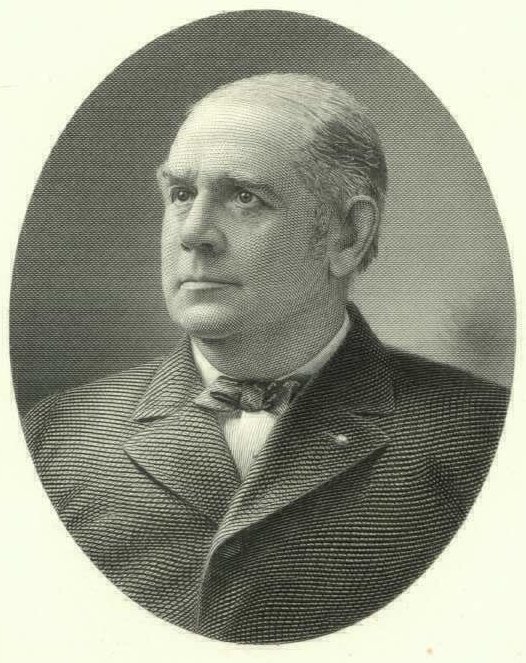
By Jim O’Neal
Bernie Sanders just announced his campaign has raised an astounding $222 million to date, with 99 percent coming from individuals!
Money has always been a factor in politics, however, modern political fundraising really got going in 1896 when William McKinley ran for president. It was due to the innovation of a successful Cleveland businessman who had made his personal fortune in the coal and iron industry.
Marcus Alonzo Hanna (1837-1904) was rejected for participation in the local Civil Service Reform Association, so he opted for the world of politics instead. He had some quirky habits like gorging on hard candy, eating chocolates by the box and a belief that government existed to serve business. He preferred the company of other wealthy men and scoffed at books and scholars alike.
He became recognized as the Republican Party boss of Ohio, a state that had produced Supreme Court Justices, presidential cabinet members, and five presidents (this would later increase to eight … the record). Ohio was a wonderful training ground for national politics.
Hanna had successfully backed McKinley (former congressman) for Ohio governor in 1892 and rescued him from bankruptcy in 1893 by paying off a $30,000 business debt. Three years later, he became McKinley’s full-time presidential campaign strategist after spending $100,000 of his personal money securing the Republican nomination for McKinley.
Hanna then positioned McKinley perfectly for the 1896 general election, first by successfully blaming the Democrats for the Panic of 1893 and then becoming the precursor of the modern media consultant. He controlled the political schedule and tailored a message that fit the strategy of the campaign. He insisted that McKinley simply sit on his front porch in Canton, Ohio, receive delegations from all over the country and occasionally issue a carefully worded public speech.
Even the railroads cooperated by reducing fares for Canton-bound Republican delegations. They flocked by the trainload. In a single day, McKinley spoke to 80,000 people, who in turn exchanged greetings and pledged their loyalty. Meanwhile, hundreds of orators crisscrossed the country spreading the word of the Ohio Republican. The campaign paid for the trips and Hanna personally approved every itinerary and all invoices.
Then they countered every speech by Democratic rival William Jennings Bryan by printing millions of documents in German, French, Italian, Dutch, Hebrew and Spanish and then distributing them in closely contested states. This combination of messaging and pamphleteering on such a vast scale cost more money than had ever been spent on any political campaign. New York banks, insurance companies and millionaires were expected to kick in 0.25 percent of their capital and even John D. Rockefeller’s Standard Oil Co. contributed $250,000!
The result was an overwhelming victory and legislators have been chasing “campaign finance reform” ever since. I wish them luck, as the price for admission today is a cool billion dollars. Even Mark Hanna might be shocked by today’s election economics, but I suspect he would adapt rather easily. He was one smart dude!
P.S. Hanna also made it into the U.S. Senate a couple of times before dying in 1904.
 Intelligent Collector blogger JIM O’NEAL is an avid collector and history buff. He is President and CEO of Frito-Lay International [retired] and earlier served as Chairman and CEO of PepsiCo Restaurants International [KFC Pizza Hut and Taco Bell].
Intelligent Collector blogger JIM O’NEAL is an avid collector and history buff. He is President and CEO of Frito-Lay International [retired] and earlier served as Chairman and CEO of PepsiCo Restaurants International [KFC Pizza Hut and Taco Bell].
